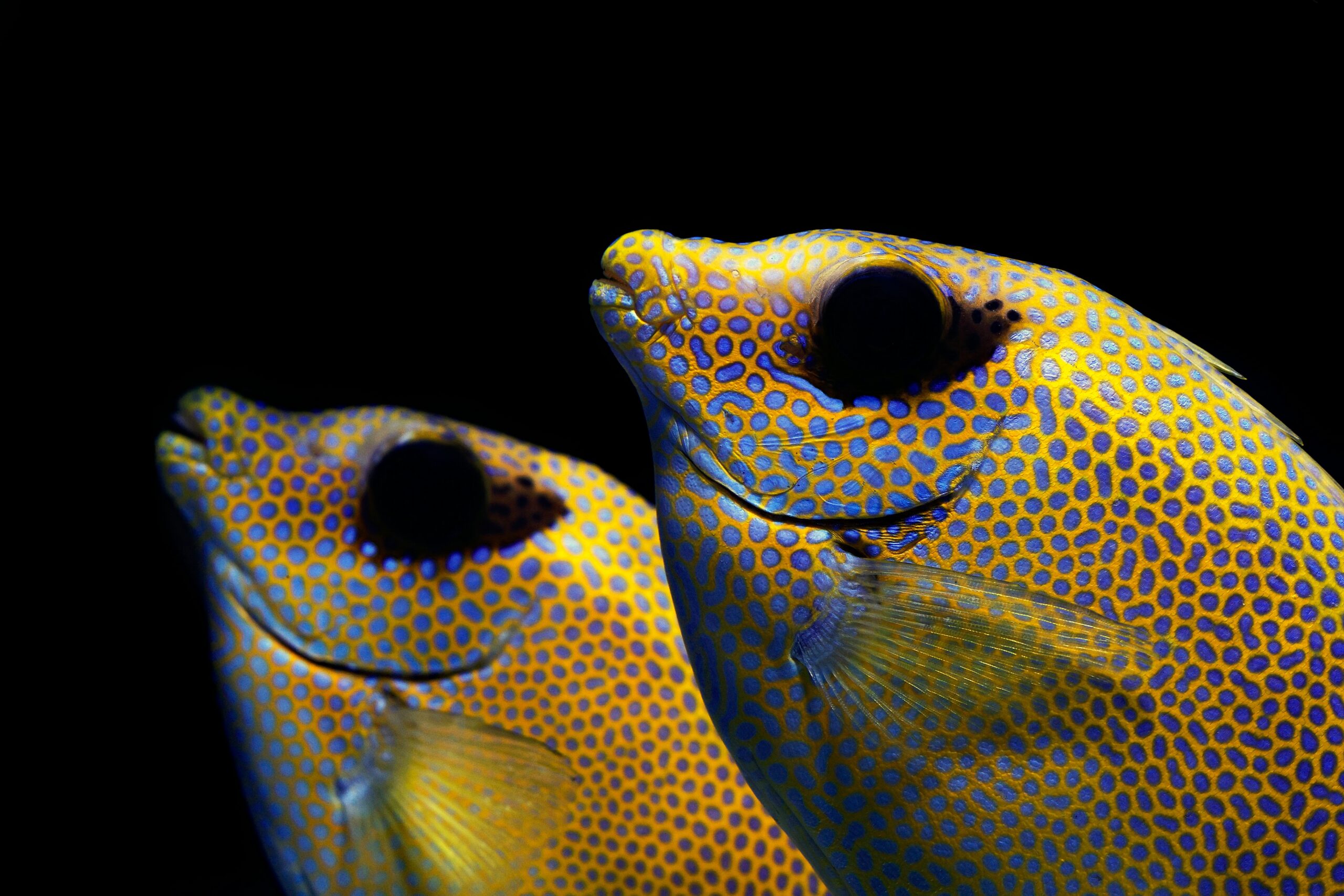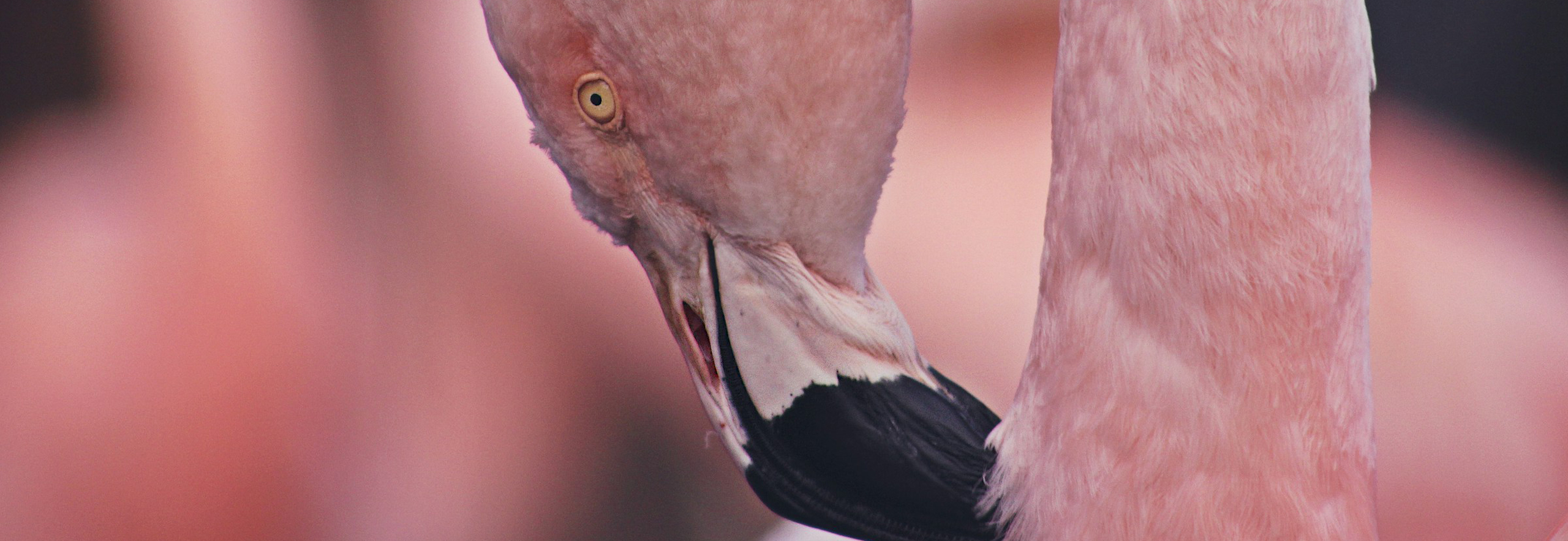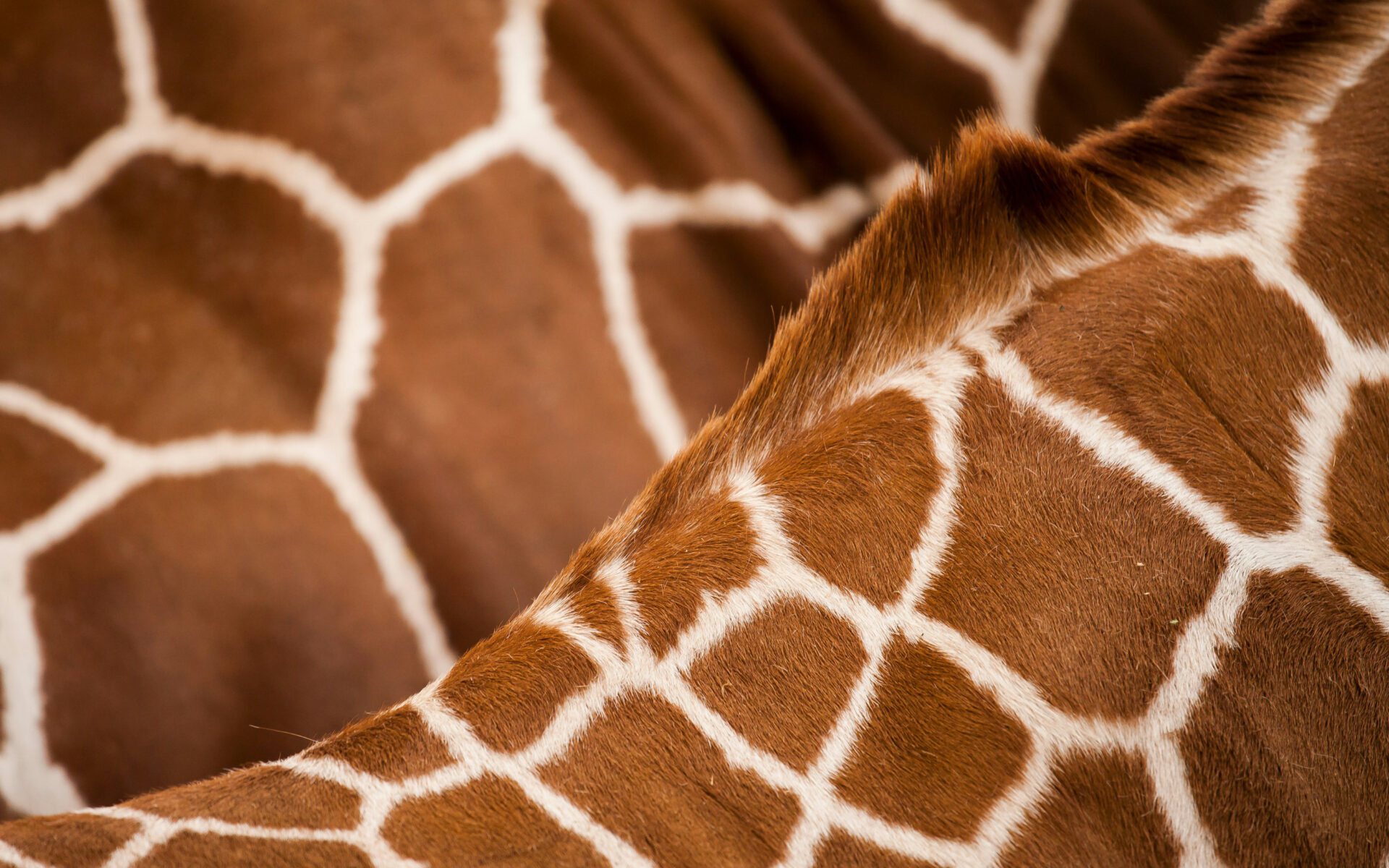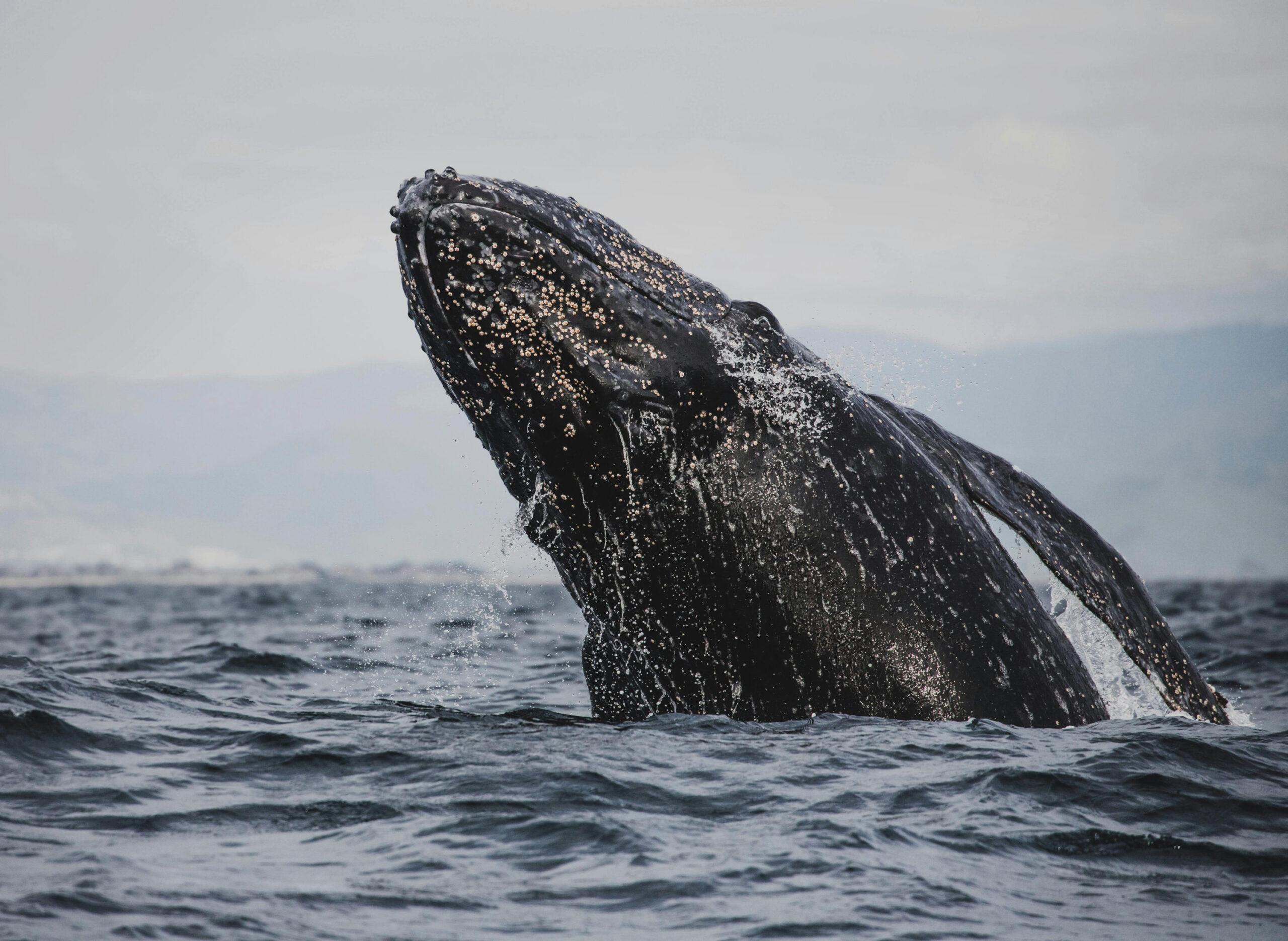Public writing
A Global Transition away from Industrial Animal Agriculture is Essential
The Anthropocene and Universal Animal Rights
The Ant You Can Save
The Case for a Global Ban on Industrial Animal Agriculture by 2050
The Choice of Culling or Letting Bird Flu Spread Obscures Policy Failures
When AI Seems Conscious
Support for the Hawai’i Octopus Farming Ban
Support for the Oregon Octopus Farming Ban
Will Humanity Ever Fully Include the Nonhuman World in Its Moral Circle?
Building Safer Cities Means Protecting Animals Too, Not Just Humans
Support US OCTOPUS Act to Keep Octopuses Wild
Florida Just Picked the Wrong Kind of Meat to Ban

Against Human Exceptionalism
Aeon (2022)
This essay examines and challenges human exceptionalism, the widespread belief that human lives carry more ethical weight than nonhuman lives. Beginning with xenotransplantation, where pigs are used as organ donors, it traces how similar reasoning underlies broader practices—factory farming, wildlife exploitation, and environmental destruction—that impose vast harms on nonhumans. Drawing on capacities-based and relationship-based arguments, the essay shows that even if humans sometimes have stronger claims, this does not justify the scale or severity of current exploitation. Instead, ethical consistency suggests that we should prioritize nonhuman animals far more than we do, and perhaps even over ourselves.
Public speaking
Introducing the Digital Consciousness Model, with Rethink Priorities
The Moral Status of Bugs, Bots, and Other Beings
The Moral Circle
Animals and the Constitution, with John Adenitire and Raffael Fasel
Debate: To Shrimp or Not to Shrimp
AI, Animals, and the Law: The Basics
The Case for Integrating Animal and AI Welfare
How AI Is Helping – and Harming – Animals
A Bill of Rights for Animals, with Cass Sunstein
Could an AI System Be a Moral Patient? with Winnie Street and Geoff Keeling
Evaluating AI Welfare, with Robert Long, Rosie Campbell, and Kyle Fish
A Theory of Change for Animal and AI Welfare
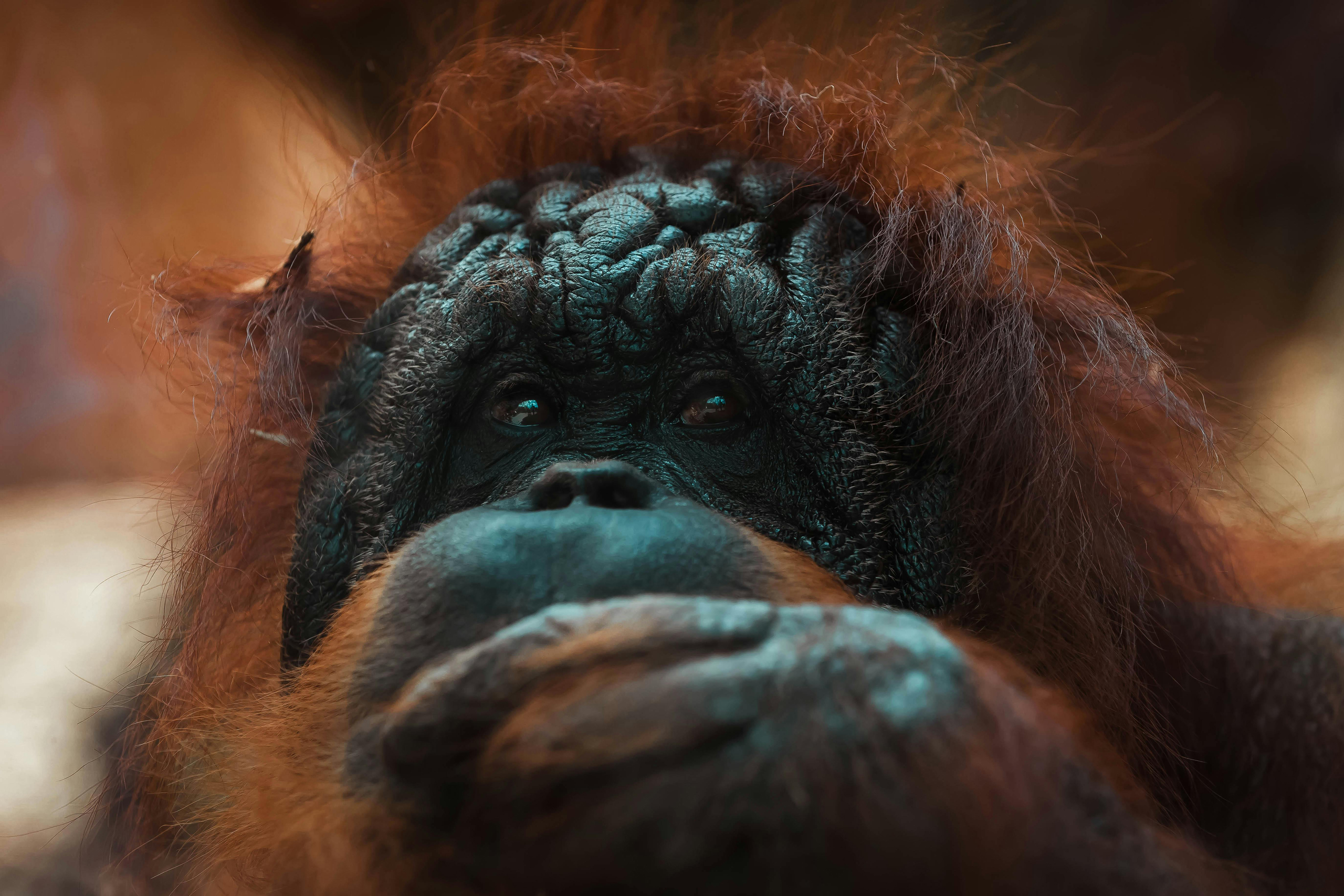
The Case for Nonhuman Personhood
Harvard University School of Law (2019)
Under current U.S. law, one is either a “person” or a “thing.” If you are a person, you have the capacity for rights. If you are a thing, you do not. And unfortunately, all nonhuman animals are currently considered things under U.S. law. In this talk, I present the case for nonhuman personhood. I consider the four main conceptions of personhood that U.S. courts have cited: a species conception, a social contract conception, a community conception, and a capacities conception. I conclude that if we insist on classifying every being as either a person or a thing, and if we want to be both consistent and inclusive, then we have no choice but to accept that nonhumans can be persons too. This talk is based on an amicus brief that a group of 17 philosophers, including me, submitted to the New York Court of Appeals in Spring 2018 in support of the Nonhuman Rights Project, and a book that 13 of these philosophers, including me, published in Fall 2018.
Coverage and Interviews
‘A Perfect Storm’: Global Food Issues Take Center Stage at New Program
Expanding the Moral Circle in an Age of New Minds
Faculty Discuss the Future of Food Issues
Whales Speak. What Would It Mean to Listen?
AIs Are Chatting Among Themselves, and Things Are Getting Strange
Ethics, Code, and Conscience: Technological Dilemmas
Ambitious Goals for Reducing Animal Suffering
Winter Recap: What You Missed Over Break
Moral Concern for Bugs: Interview with Jeff Sebo
Why Consciousness Is the Hardest Problem in Science
Cats or Cars, What Should Matter More?
AI Consciousness Explained: What Counts as Evidence, Anthropic, and Lessons from Animals

